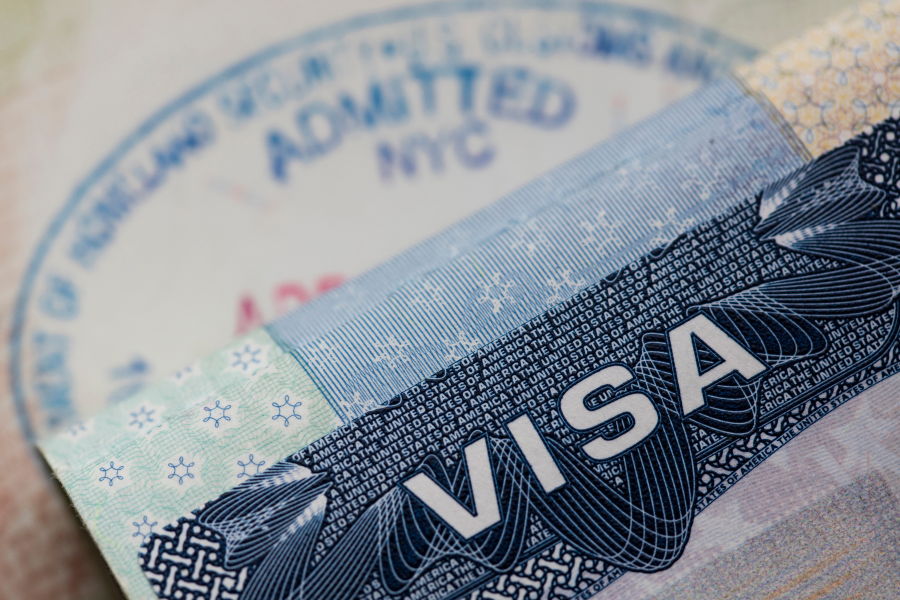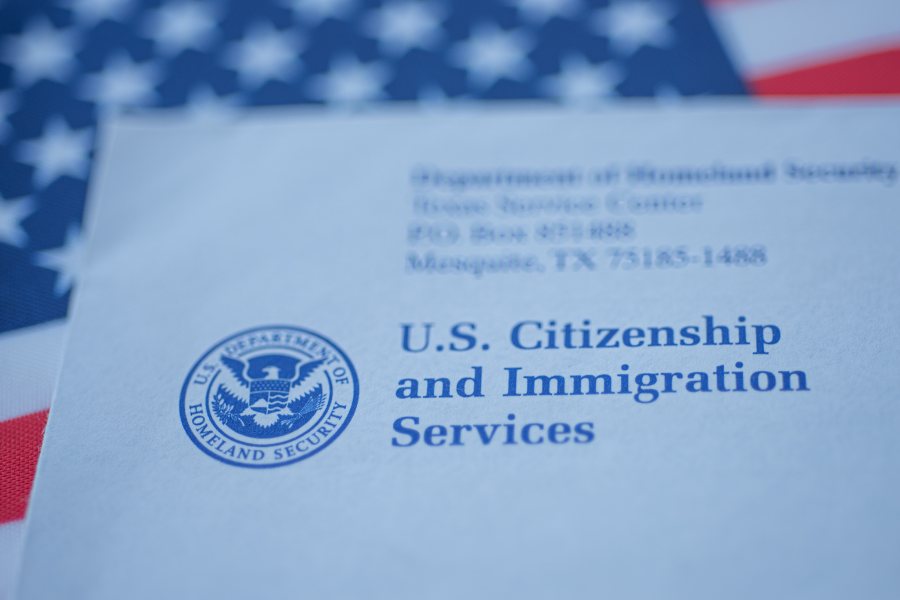The U.S. Department of State has added a very favorable interpretation in its Foreign Affairs Manual for entrepreneurs seeking admission to the United States as O-1 nonimmigrants of Extraordinary Ability. Such individuals may now be able to petition for themselves through a separate legal entity, even if they own that entity.
Entrepreneurs and other individuals (such as artists or consultants) seeking O-1 classification outside of a traditional employer-employee relationship have historically had some difficulty and ambiguity in securing a proper petitioner. Under the regulations, “An O-1 [] petition may only be filed by a United States employer, a United States agent, or a foreign employer through a United States agent.” Unlike its immigrant EB-1A analogue, one cannot self-petition – that is, file a petition in his/her personal capacity – with an O-1 filing. Further, the Form I-129 O Supplement explicitly asks whether any beneficiary has an ownership interest in the petitioning organization. It would then suggest to preclude a U.S. company owned by the O-1 beneficiary from filing a Form I-129 as a means of avoiding the self-petition prohibition.
However, last week the Department of State clarified that such beneficiary-owned petitioners are, in fact, acceptable. The specific FAM provision now reads as follows:
9 FAM 402.13-2 OVERVIEW
(CT:VISA-195; 09-28-2016)
The O classification was created […] to provide specifically for the admission of persons with extraordinary ability in the sciences, arts, education, business, and athletics, or extraordinary achievement in motion picture and television production, and their essential support personnel. […] An O-1 or O-2 alien must be the beneficiary of a petition approved by the Department of Homeland Security (DHS) prior to visa issuance. USCIS regulations provide that the petitioner may be either an employer or agent. While O-1 beneficiaries may not self-petition, a separate legal entity owned by the O-1 beneficiary may be eligible to file a petition on behalf of the O-1 beneficiary.
Notably, an O-1 petition must be approved by USCIS, which is independent of DOS. USCIS has not issued recent guidance that agrees with DOS’ new interpretation. Nonetheless, this change in the FAM signals a favorable interpretation of the law which may benefit high-achieving entrepreneurs and others seeking admission to the U.S. outside of a traditional employer-employee relationship.



